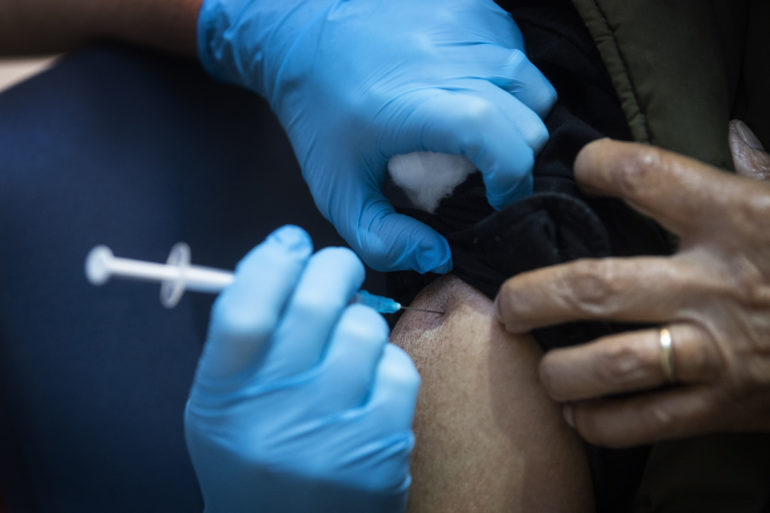LONDON — Documents related to the development of the Pfizer-BioNTech Covid-19 vaccine have been “unlawfully accessed” in a cyberattack on the European Medicines Agency.
The EMA said in a short statement Wednesday on its website that it “has been the subject of a cyberattack” and launched an investigation “with law enforcement and other relevant agencies.”
The regulator did not disclose details on the nature of the attack but BioNTech said on its website that documents included in its regulatory submission, which were stored on an EMA server, had been accessed. It’s unclear exactly which documents were accessed and who by.
“It is important to note that no BioNTech or Pfizer systems have been breached in connection with this incident and we are unaware that any study participants have been identified through the data being accessed,” BioNTech said.
The German biotech company said it had decided to release details of the hack “given the critical public health considerations and the importance of transparency.”
The EMA, which authorizes the use of medicines across the European Union, is currently reviewing two Covid-19 jabs. One is from Pfizer and BioNTech, and the other is made by Moderna. It is unknown if Moderna documents were also accessed.
The regulator is expected to announce a decision on whether the vaccines are safe for use across Europe in the coming weeks.
“EMA has assured us that the cyberattack will have no impact on the timeline for its review,” BioNTech said.
Hackers target vaccine
Security officials said in July that hackers linked to Russian intelligence services were trying to steal information about coronavirus vaccine research in the U.S., Canada and the U.K. Kremlin spokesman Dmitry Peskov rejected the allegations, according to the state-owned Tass news agency.
The U.K.’s National Cyber Security Centre said: “The NCSC is supporting vital vaccine research and manufacture to defend against cyber threats.”
“We are working with international partners to understand the impact of this incident affecting the EU’s medicine regulator, but there is currently no evidence to suggest that the U.K.’s medicine regulator has been affected.”



